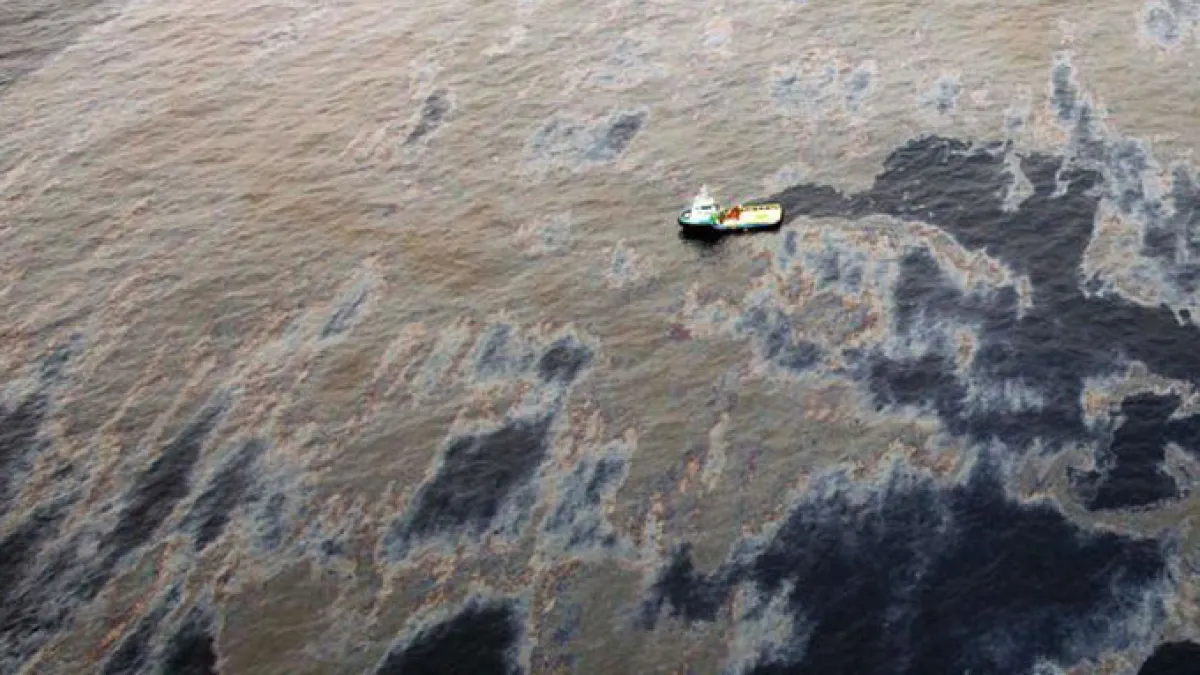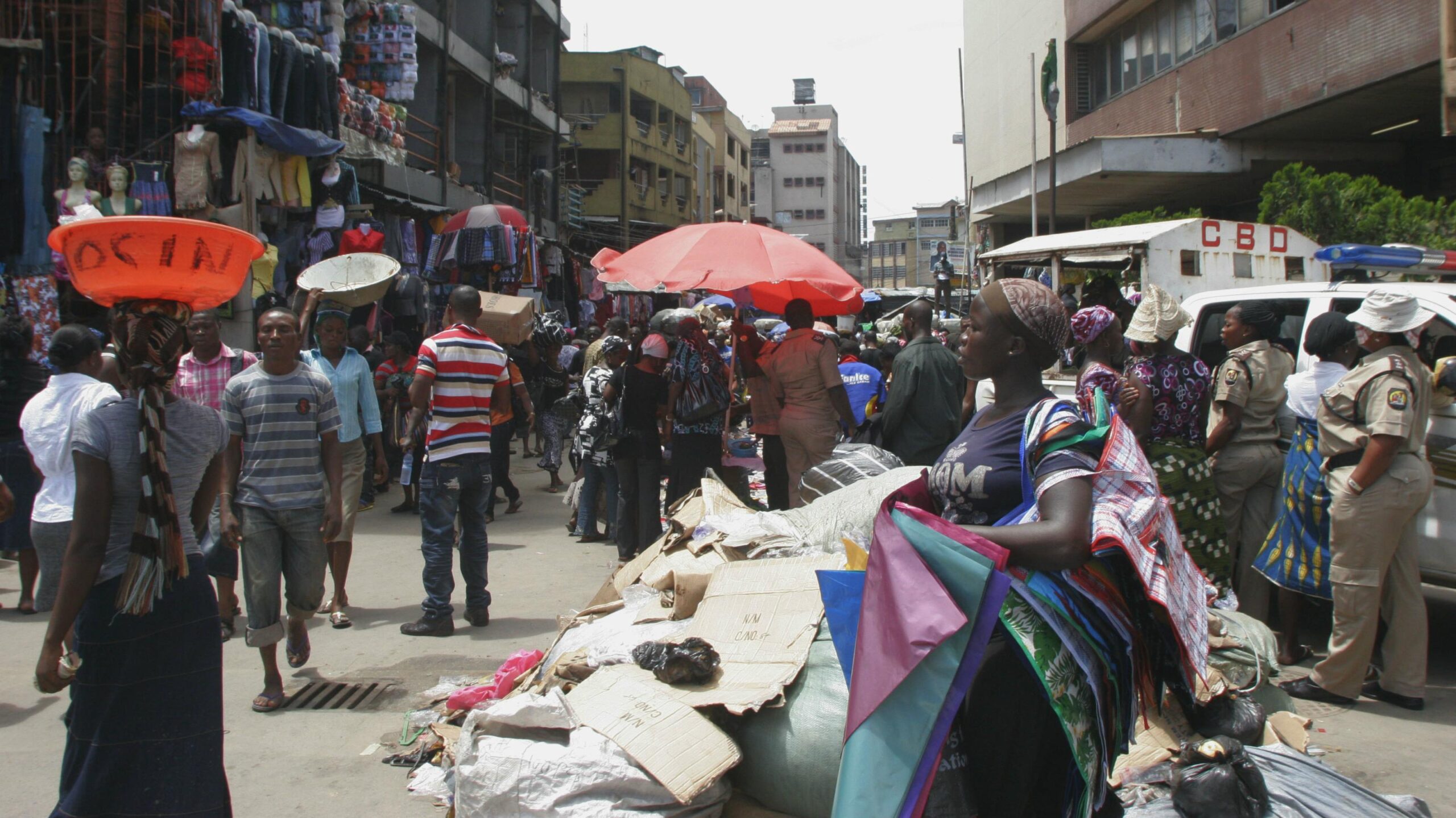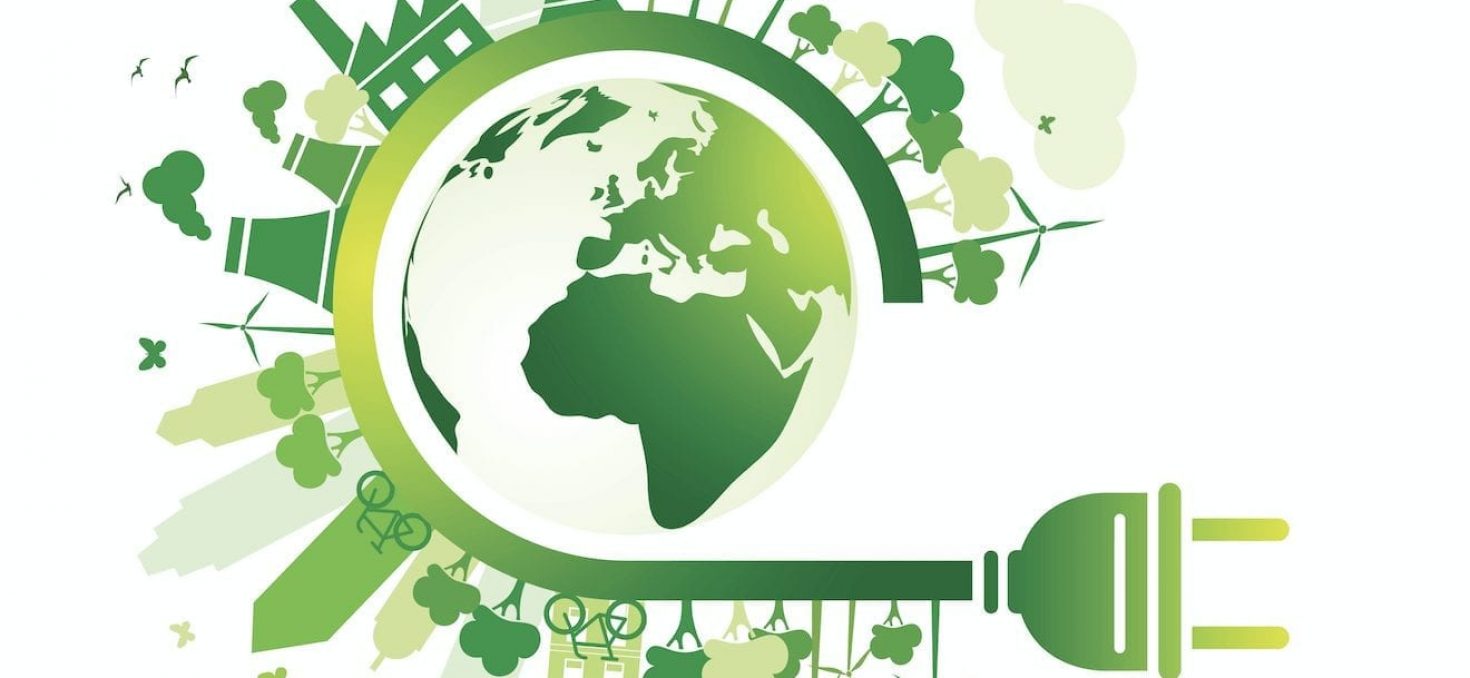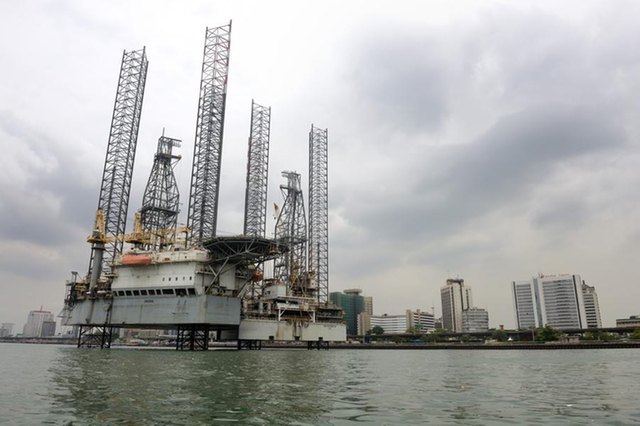A BBC investigation reveals troubling allegations that Shell overlooked repeated warnings about corruption and mismanagement in Nigeria’s billion-dollar Ogoniland oil clean-up project. The program, initiated eight years ago and funded by various oil firms including Shell’s $350 million contribution, faces accusations of widespread fraud and ineffectiveness.
Internal documents suggest both Shell and Nigerian government officials received multiple warnings about fraudulent practices within the Hydrocarbon Pollution Remediation Project (Hyprep), including contract awards to inexperienced companies, falsified laboratory results, and blocked external audits.
The allegations emerge as Shell prepares to defend against a civil trial in London’s High Court, where two Ogoniland communities seek accountability for oil pollution between 1989 and 2020. UN reports indicate at least 13 million barrels of crude oil have been spilled since 1958 across the Niger Delta region, devastating local communities.
Residents describe severe health impacts and economic hardships from contaminated water sources, with many families forced to purchase clean water at high prices, while average daily wages are below $8. The controversy intensifies as Shell plans to sell its Nigerian subsidiary to Renaissance Africa, raising concerns about future accountability for environmental restoration.
While Shell maintains it takes responsibility for operational spills and actively prevents oil theft, locals accuse the company of “running away” from proper clean-up obligations. The situation highlights the complex challenges of environmental remediation in a region where mineral products, particularly oil and gas, account for 90% of exports.



